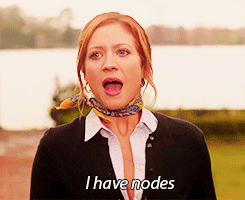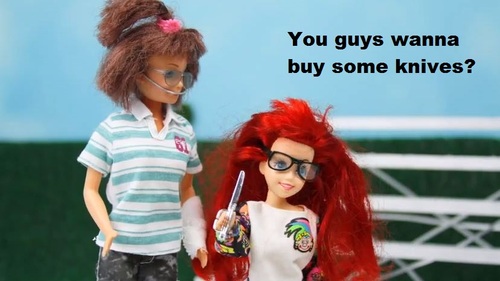
There was always one girl in my class who did it. The teacher wouldn’t have arrived for over 15 minutes and while the rest of my year 8 homeroom were celebrating by talking about Pete Wentz, this girl sat patiently at her desk, her conscience weighing down upon her like an unwanted piggyback.
This girl believed in protocol. She believed in standards governing our reaction to certain scenarios, like our teacher failing to turn up. Galloway agrees with her, and this is the main focus of this weeks second reading.
Galloway defines protocols as the “essential points necessary to enact upon an agreed standard of action”. That is, the standards dictating the implementation of specific technologies… be it standing still at the sight of the red man, then moving through space because he turns green, be it not trying on the roll on deoderant in the cosmetics aisle or even every ‘choking hazard’ sign on a McDonalds toy. They are all highly ingrained, highly coded protocols we live with day to day.
Galloway states that protocols come in handy when trying to control, or establish some sense of order in a hectic, heterogenous system or fluxical network. Honestly, nothing can exist conveniently and pragmatically without having something within it to counteract the crazy. Think of Cosmo and Wanda from Fairly Odd Parents… imagine if husband and wife were both exactly like Cosmo? There would be chaos. Thus, we need Wanda to tone things down a bit and keep a lid on everything, like we need protocols in heterogenous systems.

Galloway argues that just because new technologies are instigating the elimination of centralised control does not mean the world is witnessing the disappearance of control completely- it just exists under the guise of protocols. There is a misconception that the internet is this chaotic crazy beast who can’t be tamed like Miley circa 2010, however Galloway says it can be and is.
In a distributed network there are no central hubs and no satellite nodes, no trunks and no leaves. Like the rhizome, each node in a distributed network may establish direct communication with another node, without having to appeal to a hierarchical intermediary.
I like this thought because it appeals to my sense of democracy, or in fact communism if I think about it more deeply. The network becomes more democratised with the removal of the aforementioned hierarchical intermediaries, meaning there’s no real privileged node in a distributed network- perhaps the ‘dictator node’. As a result, the little things can exert the same amount of influence as the conventionally better connected/established intermediaries.
Every one is equal ala’ communism, but some nodes may be more equal than others.
Another way of modelling my thinking on this idea of a ‘distributed network’ could be thinking about a moshpit (like the photo in the reading). Earlier this year I had the pleasure of seeing Flume at Groove in the Moo. He seemed like a lovely, down to earth chap who was really good at spinning phat beats, I know because I was up the front of the pit and basically on speaking terms with the guy. The greatest thing about being short and female is the ease and agility you naturally feel when trying to get closer to the front at concerts, no one really cares if you go in front of them since it will not impact upon their line of vision. Anyway, summoning on this talent turned out quite bad for me because the front of a mosh pit is often the rowdiest and most rough, especially with an artist like Flume (sad because he was lovely). It only took one person to push someone for a whole row of people to fall to the ground, such was the very democratic network we all had going on in such close proximity. Yes, we fell like dominos. Not because there were 10 burly blokes with a thirst for moshing, conspiring against anyone there who just wanted to dance, but one male or even female audience member who for whatever reason thought it might be a laff to push. Flume was still great, but there are mega pitfalls to distributed networks, and I see its democratic features as one of them in some scenarios!












